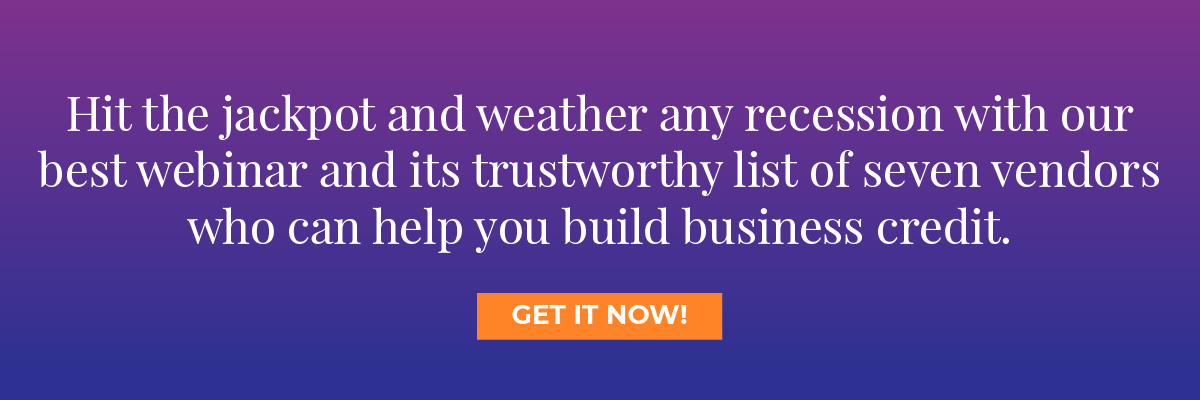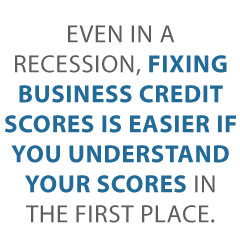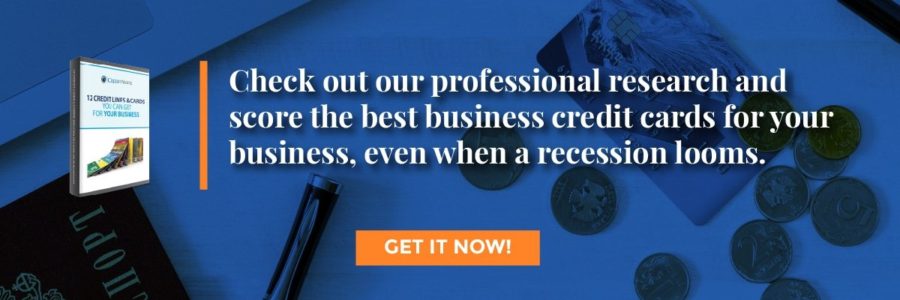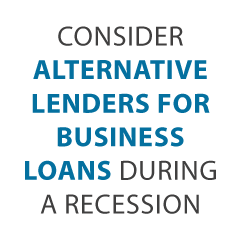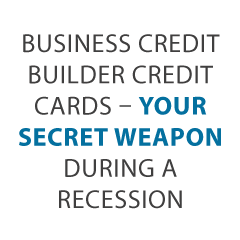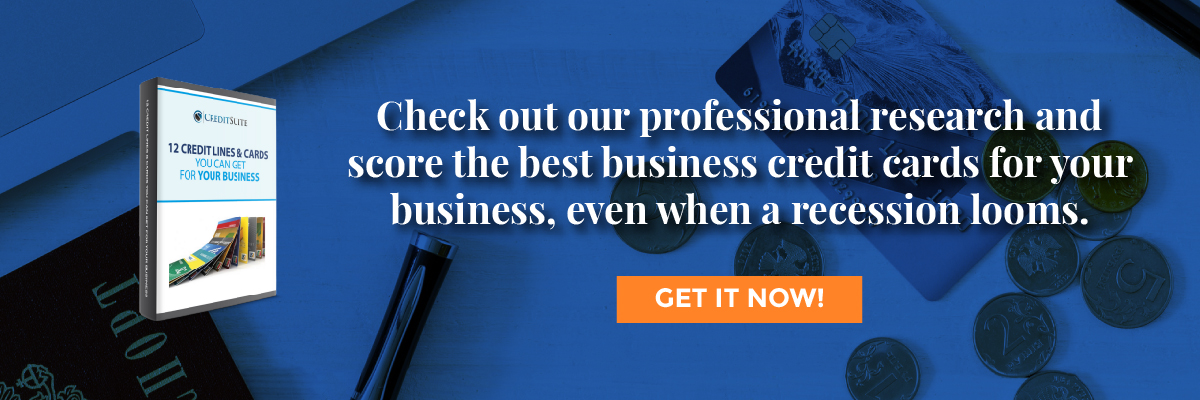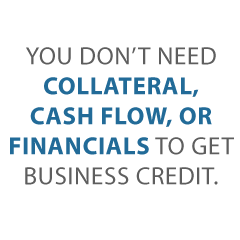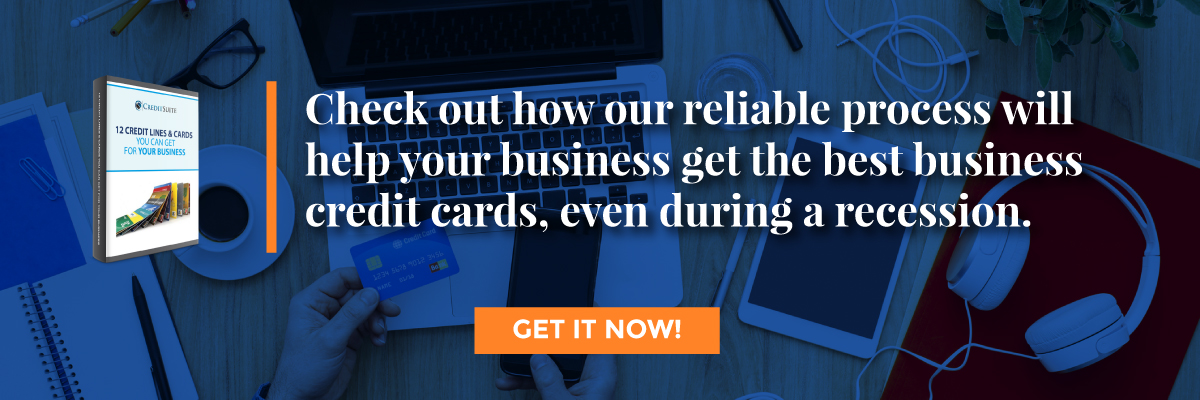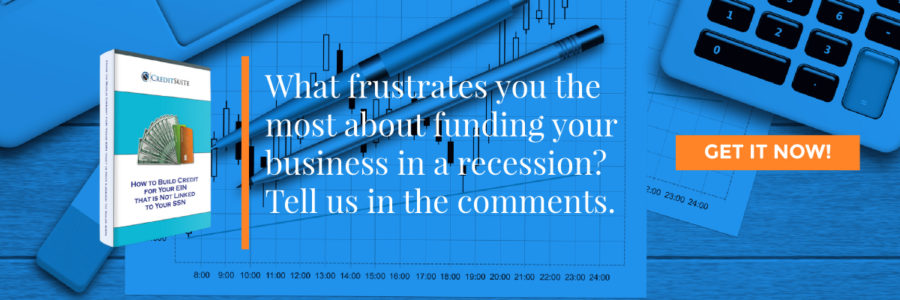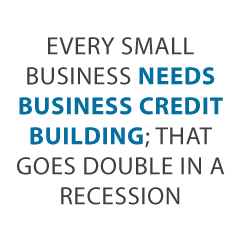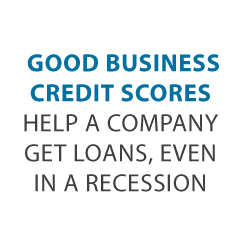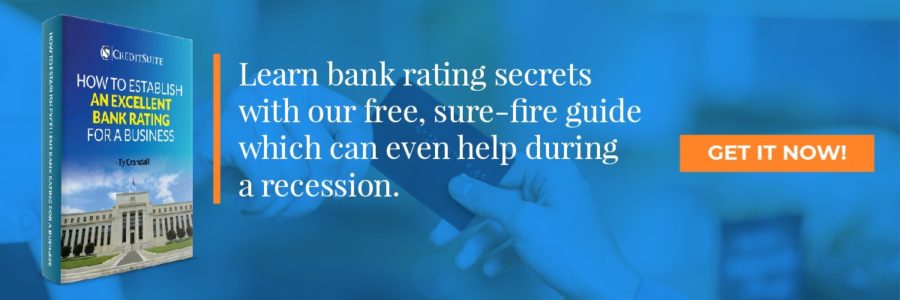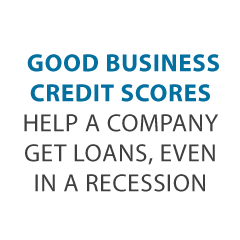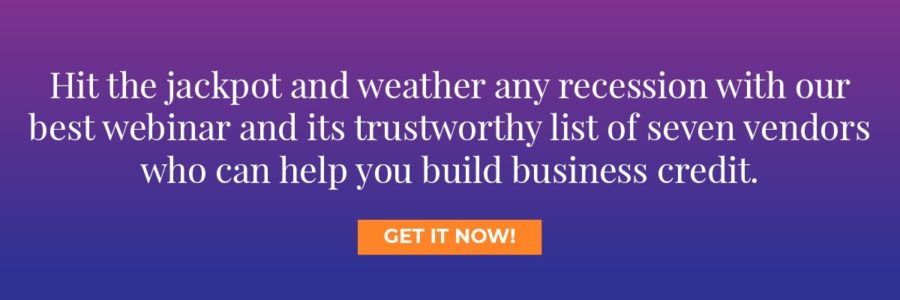
Check Out 5 Great Recession Vendor Accounts To Build Your Business Credit
The novel coronavirus has changed our economy. And it continues to do so. You may be thinking you cannot qualify for any great recession vendor accounts to build your business credit. But you can! Let us show you how to get the credit and cash your business needs – now, more than ever.
Check Out 5 Great Recession Vendor Accounts to Build Your Business Credit
Are you looking for 5 great recession vendor accounts that build your business credit? We’ve got them right here. Get the easiest business credit card!
When you are first starting to build business credit, your first step should be vendor or trade credit. You want to get into good credit habits. So this is everything from not borrowing too much, to paying your debts back on time. And it includes staying on good terms with your sources of credit.
You will need to start a business credit profile and score with what are called starter vendors. Starter vendors are ones who will give your small business initial credit. So they will do so even if your company has no credit, no score, or no trade lines.
Note that most stores like Staples will not give you initial starter credit, so don’t even try applying with them.
Here are 5 great recession business credit vendors that build your business credit. You can get a starter business credit card. This is the vendor credit tier, and these are our top 5 business credit cards for new businesses.
Learn more here and weather any recession. Get started toward getting up to 7 vendors that build your business credit.
Great Recession Vendor Accounts that Build Your Business Credit: 1. Uline
You can find Uline’s website here. They sell shipping, packing and industrial supplies, and they report to Dun & Bradstreet and Experian. You must have a D-U-N-S number and an EIN before starting with them. They will ask for your business bank information. Your business address must be uniform everywhere. You need for an order to be $50 or more before they’ll report it. Your first few orders might need to be prepaid initially so your company can get approved for Net 30 terms.
Qualifying
You need the following to qualify:
- Entity in good standing with Secretary of State
- EIN number with IRS
- Business address (matching everywhere)
- D-U-N-S number
- Business License (if applicable)
- Business Bank account
Apply with Them
Here’s how to apply with them:
- Add an item to your shopping cart
- Go to checkout
- Select to Open an Account
- Select to be invoiced
Great Recession Vendor Accounts that Build Your Business Credit: 2. Crown Office Supplies
Crown Office Supplies is an additional true starter vendor. They sell a variety of office supplies and take helping clients seriously. They state, “just starting your business, or maybe have an existing business, but you have a question regarding office supplies… we are here to help!” And they report to Dun and Bradstreet, Experian, and Equifax.
There is a $99.00 yearly fee, though they do report that fee to the business credit reporting bureaus. For other purchases to report, the purchase must be at least $30.00. Terms are Net 30.
Qualifying
- Here’s how to qualify:Your business entity must be in good standing with the applicable Secretary of State
- You must have an EIN and a D-U-N-S number
- Business address (it has to match everywhere)
- Business license (if applicable)A business bank account
- Corporation must be at least 60 days old
- Membership fee is $99 per year upon approval
Apply with Them
Apply online.
Great Recession Vendor Accounts that Build Your Business Credit: 3. Grainger Industrial Supply
You can find Grainger Industrial Supply here. They sell hardware, power tools, pumps and more. They also do fleet maintenance. And they report to Dun & Bradstreet.
Qualifying
To qualify, you need the following:
- A business license (if applicable)
- An EIN number
- A business address matching everywhere
- A business bank account
- A DUNS number from Dun & Bradstreet
- Business entity in good standing with the applicable Secretary of State
If your business doesn’t have an established credit, they will require additional documents like accounts payable, income statement, balance sheets, and the like.
Apply with Them
Apply online or over the phone.
Great Recession Vendor Accounts that Build Your Business Credit: 4. Supply Works
Supply Works is a great recession vendor. Visit them at: www.supplyworks.com. They are a part of the Home Depot. They offer integrated facility management solutions. Virtual addresses are not accepted. They report to Experian. Terms are Net 30.
Qualifying
To qualify, you need to have:
- An entity in good standing with Secretary of State
- EIN number with IRS
- Business address (it must match everywhere
- D-U-N-S number
- Business license (if applicable)
- A business bank account
Apply with Them
Apply online or over the phone.
Find out why so many companies are using this to weather any recession and improve their business credit – and check out even more vendors (7!) to help you build business credit.
Great Recession Vendor Accounts that Build Your Business Credit: 5. Strategic Network Solutions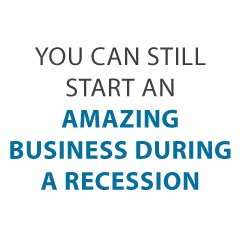
Check out Strategic Network Solutions. Visit them at: https://stntsol.com. They offer technology training and tech support. A credit limit will start at $1000 for new businesses. It increases by an $500 increment if balances are paid in full and on time. They report to Experian and Credit Safe.
Qualifying
In order to qualify for business credit with Strategic Network solutions, you will need the following:
- An EIN
- To have your business entity squared away (corporation, partnership, LLC, etc.) and in good standing with the applicable Secretary of State
- Business address (matching everywhere)
- Business license (if applicable)
- A D-U-N-S number
- A business bank account
Apply with Them
Apply online.
Great Recession Vendor Accounts that Build Your Business Credit: Bonus: Marathon
Marathon Petroleum Company provides transportation fuels, asphalt, and specialty products throughout the United States. Visit them at: www.marathonbrand.com. Their comprehensive product line supports commercial, industrial, and retail operations. They report to: D&B, Experian, and Equifax. Terms are Net 22.
You can give a $500 deposit instead of using a personal guarantee if you have been in business for less than a year.
Qualifying
To qualify, you need:
- An EIN
- To have your business entity squared away and in good standing with the applicable Secretary of State
- Business address (matching everywhere)
- Business license (if applicable)
- A D-U-N-S number
- A business bank account
Apply with Them
Apply online.
Building Business Credit – Going Beyond 5 Great Recession Vendor Accounts That Build Your Business Credit
Getting vendor accounts for business credit means that you are on your way to getting good business credit. Get three or more vendor accounts. You want them all to be reporting with at least one bigger business credit bureau. And then you can start trying to get store credit.
Retail Credit
Once there are three or more vendor trade accounts reporting to at least one of the CRAs, then move onto revolving store credit. These are businesses such as Office Depot and Staples. These companies have even more of the goods you need.
You will always have to use your Social Security Number and date of birth for verification purposes. But use the small business’s EIN on these credit applications when it comes to credit check services small business.
Fleet Credit
Are there more accounts reporting? Then move to fleet credit. These are service providers such as BP and Conoco. Use this credit to buy, fix, and take care of vehicles.
Use your Social Security Number and date of birth for verification purposes. But make certain to apply using the company’s EIN for credit checks.
Cash Credit
Have you been sensibly managing the credit you’ve gotten up to this point? Then progress to cash credit. These are service providers like Visa and MasterCard.
Use your Social Security Number and date of birth for verification purposes. And apply using the company’s EIN for credit checks.
These are typically MasterCard credit cards. If you have even more trade accounts reporting, then these are attainable.
If it were all left up to you, how would you improve weathering any recession and working with 7 vendors to help you build business credit?
Monitor Your Business Credit
Know what is happening with your credit. Make sure it is being reported and deal with any inaccuracies ASAP. Get in the habit of taking a look at credit reports; so dig into the details, and not just the scores.
So we can help you monitor business credit at Experian and D&B for 90% less than it would cost you at the business credit reporting agencies.
Update The Details
Update the details if there are mistakes or the information is incomplete. So at D&B, you can do this at: https://iupdate.dnb.com/iUpdate/viewiUpdateHome.htm.
And at Experian, go to: http://www.experian.com/small-business/business-credit-information.jsp.
Finally, for Equifax, go to: http://www.equifax.com/business/small-business.
Challenging Mistakes
What’s all this monitoring for? So it’s to challenge any errors in your records. Errors in your credit report(s) can be fixed. But the CRAs normally want you to dispute in a particular way.
Get your PAYDEX report for DNB small business at: http://www.dnb.com/about-us/our-data.html.
You can get your company’s Experian report at: http://www.businesscreditfacts.com/pdp.aspx?pg=SearchForm.
And get your Equifax business credit report at: http://www.equifax.com/business/credit-information.
Disputes
Disputing credit report errors typically means you send a paper letter with copies of any evidence of payment with it. So these are documents like receipts and cancelled checks. But never mail the originals. Always send copies and keep the original copies.
Disputing credit report errors also means you precisely spell out any charges you dispute. Make your dispute letter as understandable as possible. Be specific about the concerns with your report. Use certified mail so that you will have proof that you sent in your dispute.
Dispute your or your company’s Equifax report by following the instructions here: http://www.equifax.com/small-business-faqs/#Dispute-FAQs.
You can dispute errors on your or your business’s Experian report by following the directions here: http://www.experian.com/small-business/business-credit-information.jsp.
And D&B’s PAYDEX Customer Service telephone number is here: https://www.dandb.com/glossary/paydex/, to help you with disputes. It’s the only way they’ll let you dispute a DNB.com credit report.
Takeaways for 5 Great Recession Vendor Accounts That Build Your Business Credit
Always use credit responsibly! Don’t borrow more than what you can pay off. So monitor balances and deadlines for payments. Paying off punctually and in full will do more to increase business credit scores than nearly anything else.
Establishing small business credit pays. Great business credit scores help a company get loans. Your lender knows the company can pay its financial obligations. Because they know the small business is authentic. The company’s EIN links to high scores and loan providers won’t feel the need to require a personal guarantee.
And soon you’ll be able to move onto the top ten business credit cards – and beyond! Because no matter how it feels right now, the COVID-19 situation and recession will not last forever.
Discover this new way to weather any recession and find 7 (!) vendors to help you build business credit.
The post Check Out 5 Great Recession Vendor Accounts To Build Your Business Credit appeared first on Credit Suite.

